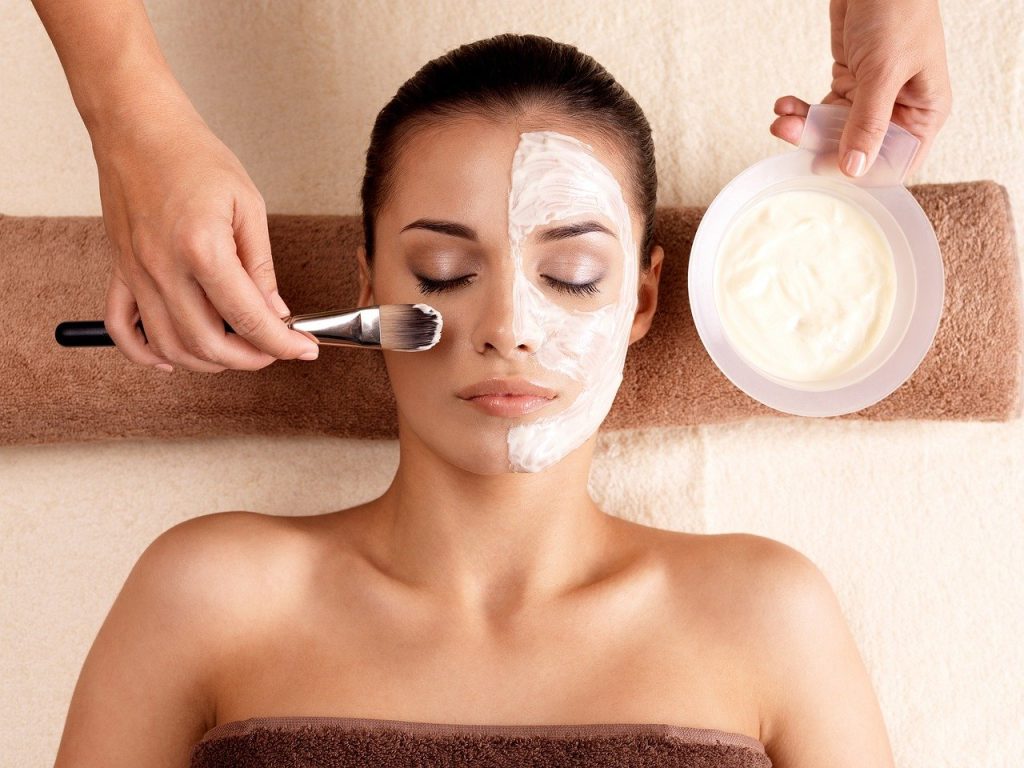
Introduction to Ayurvedic Facial Care
Ayurveda, the ancient Indian system of medicine, emphasizes holistic health and well-being, incorporating natural remedies and lifestyle practices to maintain balance and harmony within the body. Ayurvedic facial care focuses on using natural ingredients and techniques to promote healthy, glowing skin, while also addressing underlying health issues that may manifest as skin problems.
Principles of Ayurvedic Facial Care
Dosha Balancing
Ayurveda identifies three primary doshas—Vata, Pitta, and Kapha—that influence various aspects of our health, including our skin. Ayurvedic facial care aims to balance these doshas to achieve optimal skin health. For example, Vata skin is typically dry and prone to wrinkles, Pitta skin is often sensitive and prone to inflammation, and Kapha skin tends to be oily and prone to congestion and acne.
Natural Ingredients
Ayurvedic skincare relies on natural, plant-based ingredients such as herbs, oils, and minerals. These ingredients are chosen based on their dosha-balancing properties and their ability to nourish and heal the skin without harsh chemicals or synthetic additives.
Holistic Approach
Ayurvedic facial care is not just about external treatments. It also includes dietary recommendations, lifestyle adjustments, and internal remedies to support overall skin health. This holistic approach ensures that the root causes of skin issues are addressed, leading to lasting results.
Ayurvedic Facial Care Practices
Cleansing
Using gentle, natural cleansers like chickpea flour (besan) and turmeric helps remove impurities without stripping the skin of its natural oils. These ingredients have antimicrobial and anti-inflammatory properties, making them ideal for maintaining clear, healthy skin.
Exfoliation
Regular exfoliation with natural scrubs made from ingredients like oats, almonds, and sandalwood powder helps remove dead skin cells and promotes cell regeneration. This keeps the skin smooth and radiant.
Internal Remedies
Ayurveda also recommends herbs and dietary adjustments to support skin health from within. Herbs like turmeric, neem, and amla have potent detoxifying and anti-inflammatory properties that benefit the skin.
Masks and Packs
Herbal face masks and packs made from ingredients like neem, rose, and aloe vera provide deep nourishment and healing. These masks can help treat specific skin issues such as acne, pigmentation, and dryness.
Massage
Facial massage using oils or herbal preparations is an essential part of Ayurvedic facial care. It improves blood circulation, enhances lymphatic drainage, and promotes relaxation, all of which contribute to healthier, glowing skin.

Who Can Benefit from Ayurvedic Pain Management?
Ayurvedic pain management is suitable for individuals dealing with various types of pain, including chronic conditions like arthritis, back pain, headaches, and muscle pain. It is also beneficial for those seeking a natural, holistic approach to pain relief and overall health improvement. Consulting with a qualified Ayurvedic practitioner at AYONext Healthcare can help determine the most appropriate therapies based on individual health needs.
Introduction to Ayurvedic Oral
Care
Ayurvedic oral care, or “Danta Swasthya,” involves maintaining oral hygiene and health through natural methods and practices. Just like Ayurvedic facial care, oral care also emphasizes balance and the use of natural ingredients to promote overall health.
Ayurvedic Oral Care Practices
Oil Pulling
One of the most well-known Ayurvedic practices for oral health is oil pulling (Kavala or Gandusha). This involves swishing a tablespoon of oil (usually sesame or coconut oil) in the mouth for 15-20 minutes. Oil pulling helps remove toxins, reduce plaque, and strengthen teeth and gums.
Herbal Toothpaste and Powders
Ayurvedic oral care recommends using herbal toothpastes or tooth powders made from ingredients like neem, clove, and licorice. These natural substances have antibacterial and anti-inflammatory properties that help prevent cavities and gum disease.
Tongue Scraping
An essential part of Ayurvedic oral hygiene, tongue scraping involves using a metal or copper scraper to remove the coating that forms on the tongue overnight. This practice helps remove toxins and bacteria, improving oral hygiene and taste sensation.
Herbal Mouth Rinses
Ayurvedic mouth rinses made from decoctions of herbs like triphala, neem, and mint can help maintain oral hygiene, reduce bad breath, and soothe gum inflammation.
Dietary Recommendations
Ayurveda emphasizes a diet that supports oral health. This includes reducing the intake of sugary and acidic foods that can harm teeth, and increasing the consumption of fresh fruits and vegetables that provide essential nutrients for healthy gums and teeth.
Chewing Herbs
Chewing on herbs like neem sticks or licorice roots can help clean the teeth naturally, strengthen gums, and freshen breath. These herbs have natural antimicrobial properties that protect against dental issues.
